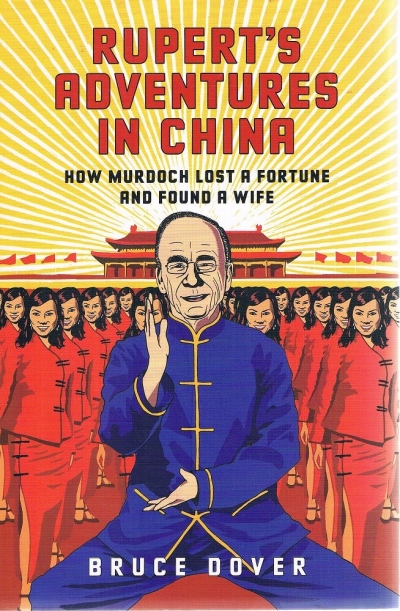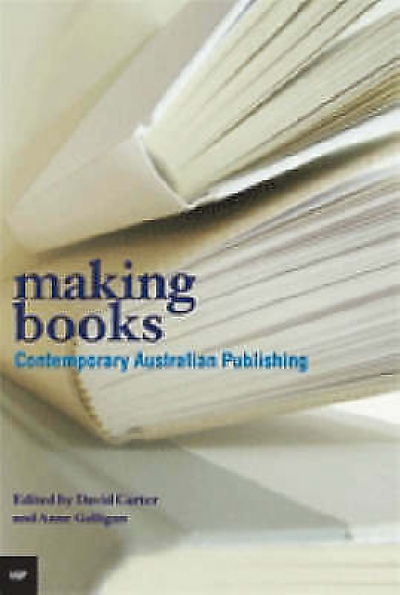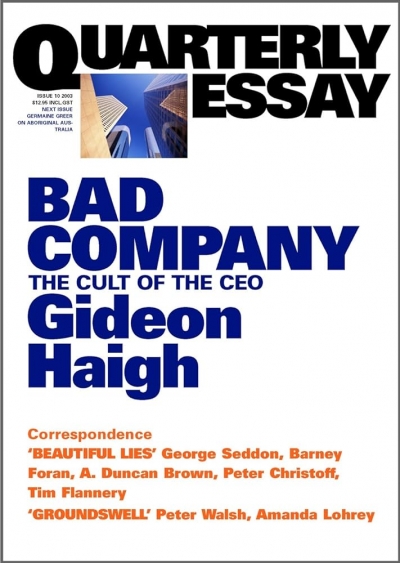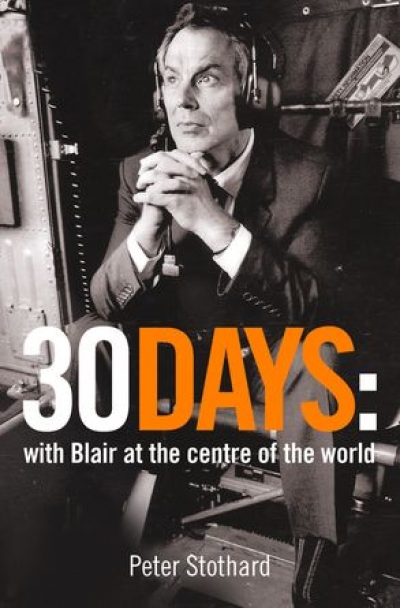Richard Walsh
Rupert's Adventure in China: How Murdoch lost a fortune and found a wife by Bruce Dover
by Richard Walsh •
Making Books: Contemporary Australian publishing edited by David Carter and Anne Galligan
by Richard Walsh •
Bad Company by Gideon Haigh & The Big End of Town by Grant Fleming, David Merrett and Simon Ville
by Richard Walsh •
30 Days: A month at the heart of Blair’s war by Peter Stothard
by Richard Walsh •




